I harness my experience as a tattoo artist to affirm the power of bodies and sensation in ethnography. The talk...


I harness my experience as a tattoo artist to affirm the power of bodies and sensation in ethnography. The talk...
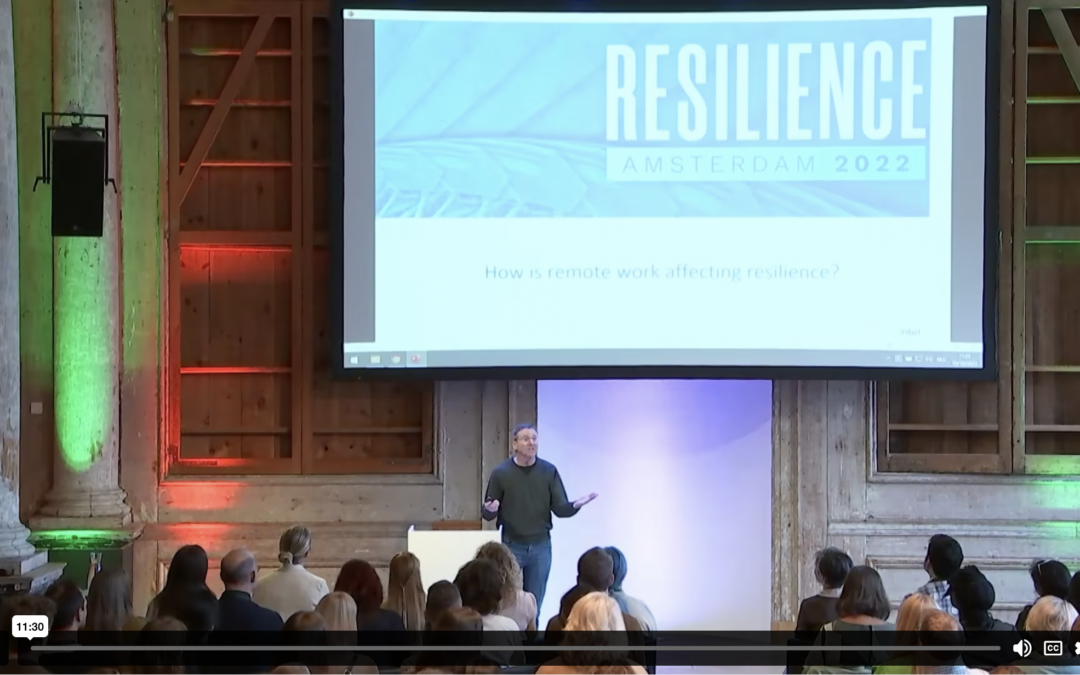
COVID-19 has precipitated a massive social experiment – the sudden shift of millions of knowledge workers from...
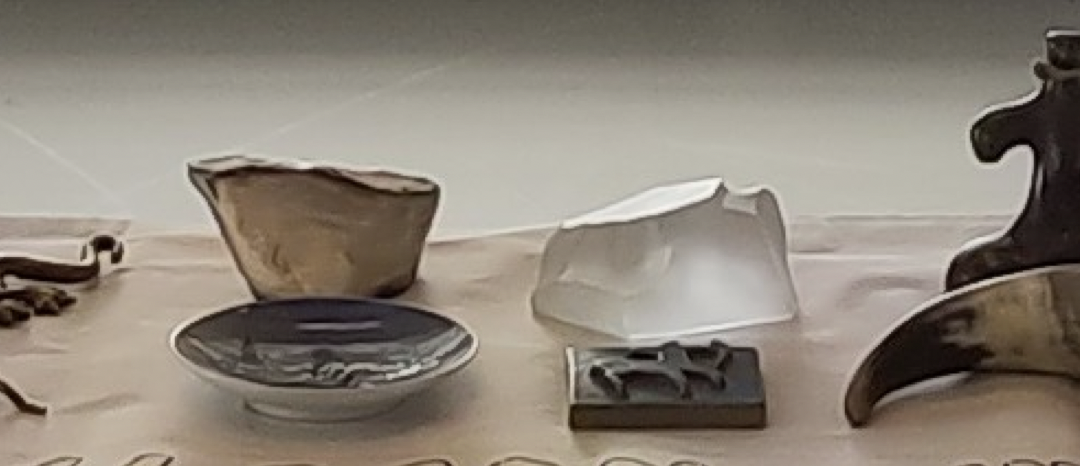
It is becoming widely accepted that the climate crisis is a multiscale breakdown of interrelated ecological systems, caused by behavioural patterns that are unsustainable. As behaviours are largely informed by ideologies and as the latter are passed on by education, we submit that the climate...
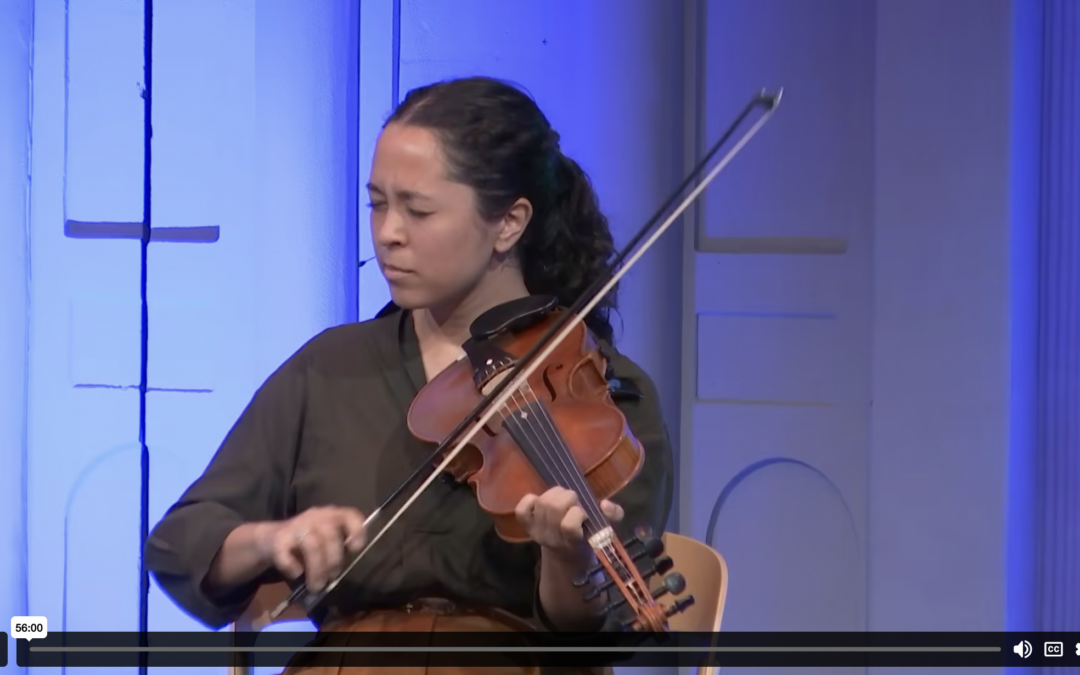
In this Wildcard presentation at EPIC2022, violinist and composer Zosha Warpeha speaks about her artistic research in Norway, which involved an immersive study of Nordic traditional music and the development of a highly personal solo performance practice. This session illustrates a participatory...
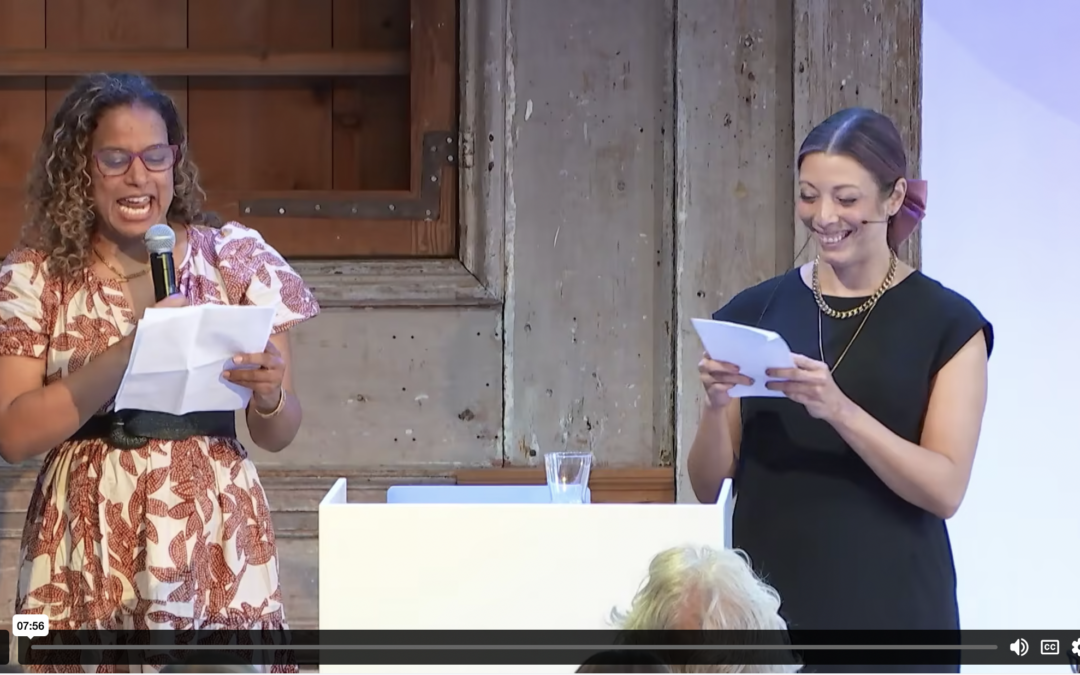
Using ethnography as an analytic tool to examine the concept of resiliency, we call for a shift in our practice and praxis. Research subjects and ethnographic practitioners are tired of working against and...
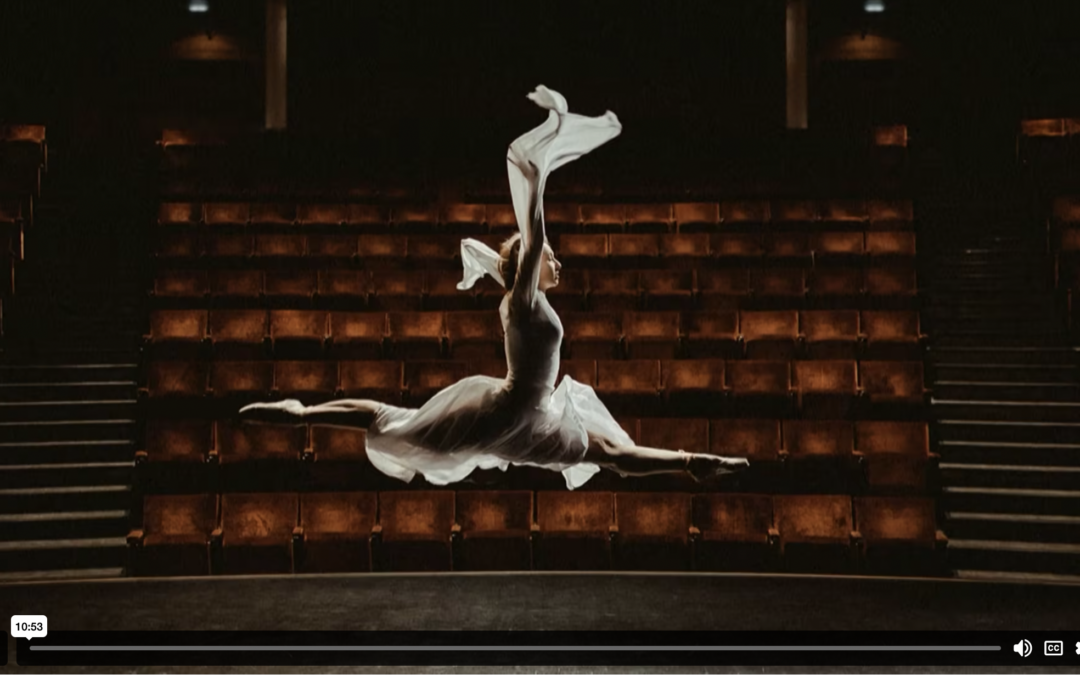
This PechaKucha is drawn from research conducted as an organizational ethnography at The Dutch National Ballet (DNB), a renowned professional organization in the culture and arts sector in the Netherlands....
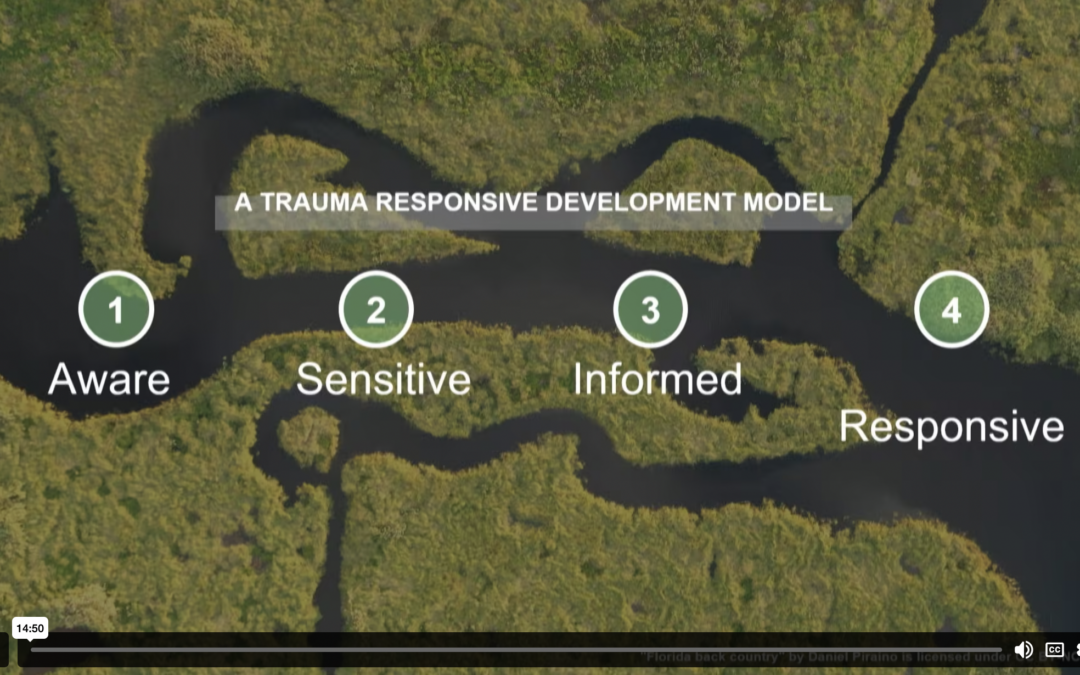
This paper is an exploration of trauma, how and why it can surface during ethnographic and qualitative research, and the importance of anticipating its potential presence. We present a model to help plan for and...
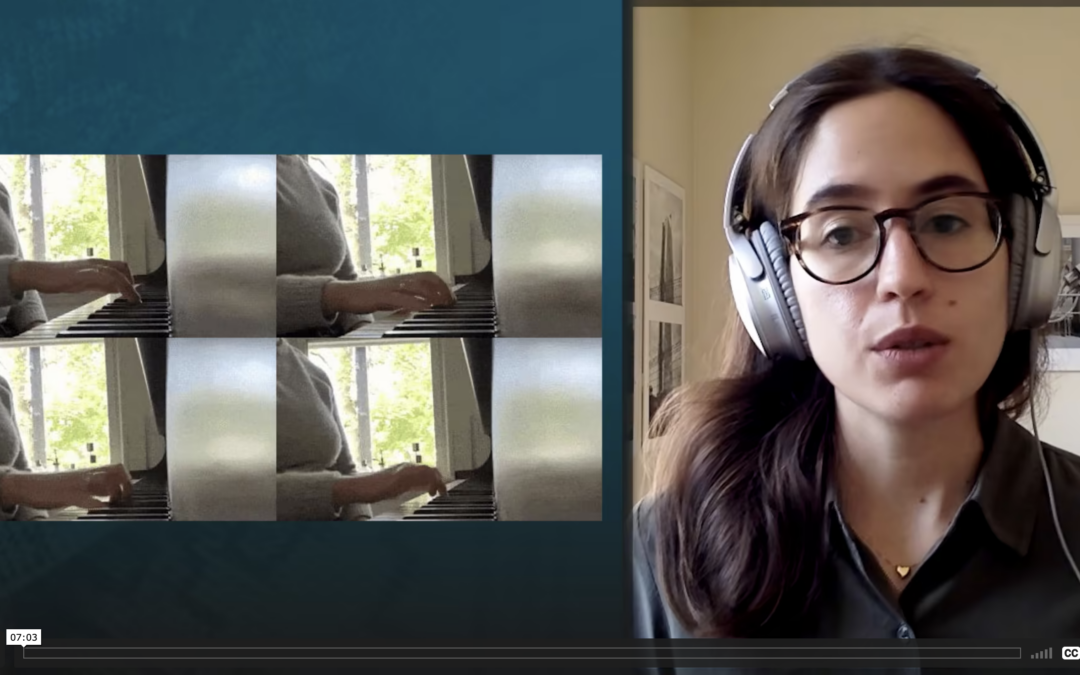
PechaKucha Presentation—Did you know that hands have bodies, relationships, and minds of their own? In the coming years as a new wave of technologies focused on our hands is under development, and as AR/VR may include haptics as a key mode of interaction, we need to design for hands as we would...

Dealing in Desire: Asian Ascendancy, Western Decline, and the Hidden Currencies of Global Sex Work Kimberly Kay Hoang 2015, 248pp, University of California Press The Labor of Care: Filipina Migrants and Transnational Families in the Digital Age Valerie Francisco-Menchavez 2018, 256pp, University...
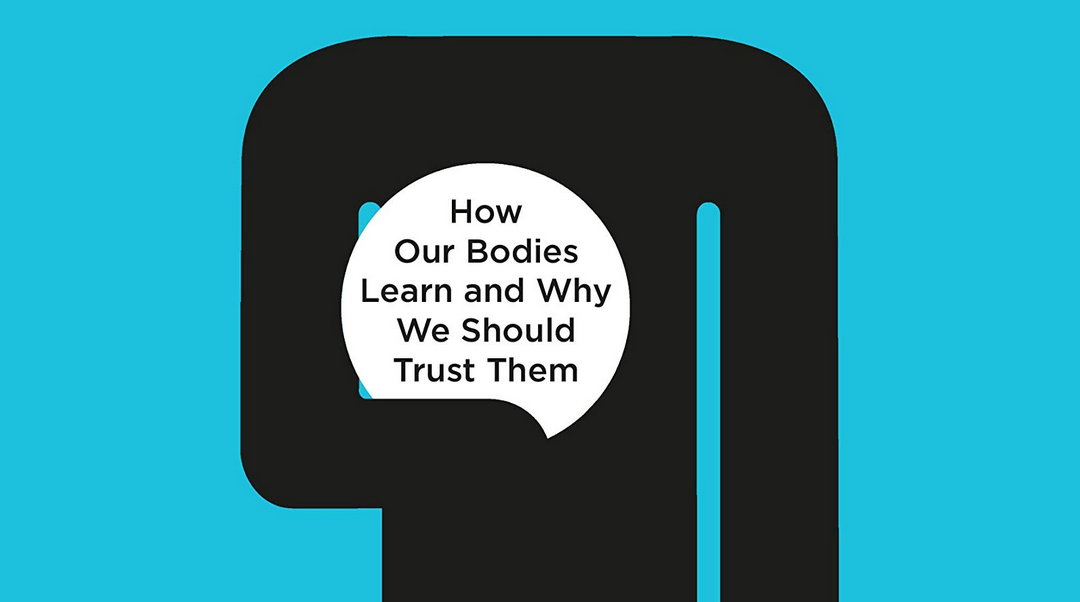
The Power of Not Thinking: How Our Bodies Learn and Why We Should Trust Them Simon Roberts 2020, 336 pp, Blink Publishing/Bonnier In The Power of Not Thinking: How Our Bodies Learn and Why We Should Trust Them, Simon Roberts aims to resuscitate the human body from the sepulchre of Western thought,...